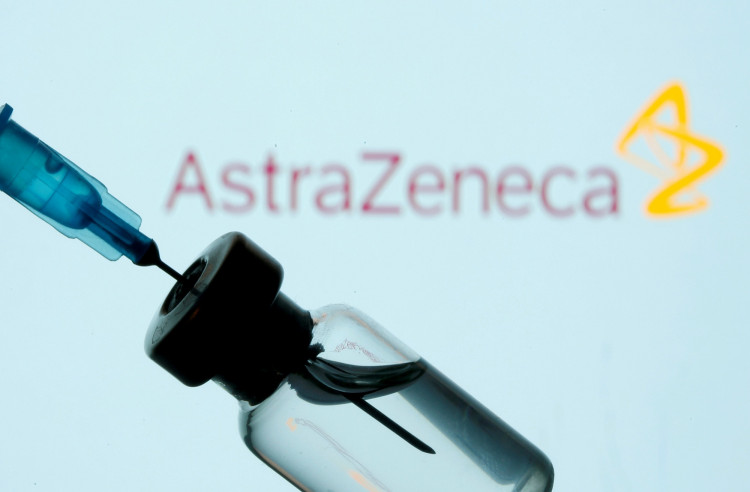Denmark will no longer administer the AstraZeneca COVID-19 vaccine, health officials say.
The Danish Health Authority said in a statement the benefits of the shot outweighed the risks for those who received it but they had decided to discontinue its use owing to possible links to blood clotting and the "fact that the COVID-19 epidemic in Denmark is currently under control and other vaccines are available."
"Based on the scientific findings, our overall assessment is there is a real risk of severe side effects associated with using the COVID-19 vaccine from AstraZeneca," said Søren Brostrøm, director-general of the Danish Health Authority.
All AstraZeneca vaccination appointments will be canceled, and those who have already received their first dose will receive their second dose in the form of another vaccine, according to officials. Individuals whose appointments have been canceled in the near future will be able to reschedule "based on an assessment of the current epidemic situation."
Following a winter rise the number of cases and COVID-19 deaths in Denmark has decreased significantly. The country reported 4,552 new cases and 14 deaths in the past week, according to data from Johns Hopkins University.
Just under 8% of the population has been fully vaccinated. According to Reuters, 77% of that group received the Pfizer vaccine, 7.8% received Moderna and 15.3% received AstraZeneca.
Denmark was among several European countries that temporarily halted the use of the AstraZeneca vaccine mid-March to investigate reports of rare blood clotting events in some recipients.
Both the European Medicines Agency and the World Health Organization continue to recommend its use and many of those countries resumed vaccinations within a few days after a preliminary EMA investigation concluded that the benefits outweigh the risks.
The EMA has said blood clotting should be listed as a possible side effect of the AstraZeneca vaccine but it has been proven to prevent severe disease, hospitalization and death. Clotting events of this type are rare, according to officials, and appear to be more common in women under the age of 60.
Several countries, including France, Germany and South Korea, have reintroduced the vaccine with age restrictions, while Australia, Greece and the UK are now recommending alternatives for young people.





